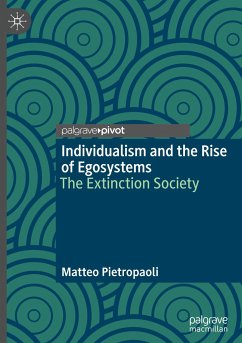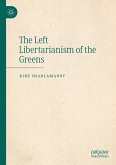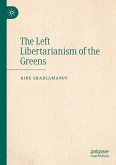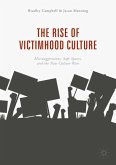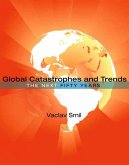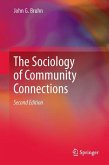This book is a socio-philosophical journey across several aspects of our society's focus on individual freedom, taking cues from some of the most prominent thinkers of our time. The auhtor posits that the human quest for freedom (mostly dominated by the Western culture but by no means confined to the West) has reached its ultimate paradox of making contemporary humans fundamentally unable to act as ecosystems (thus cooperate and collaborate). They have become egosystems, completely centred on the attainment of their own individual satisfaction. The author sees this as the culmination of a rightful quest for self-affirmation, which has been a key driver of progress across human history and by no means a negative one. But the paradox is that such a human-centred notion of freedom and individual accomplishment results in a much reduced ability to operate in sync with others, at the time when mankind would need more cooperation, collaboration and selflessness to address the key challenges it faces (from climate change to inequalities). Through the examination of the broad and interdisciplinary themes typical of social philosophy and the most recent cultural studies, in direct confrontation with the thought of authors such as Lipovetsky and Bauman, Lasch and Beck, Ehrenberg and Han, this book examines shifts in cultural norms at the possible end of a millenary civilization.
Hinweis: Dieser Artikel kann nur an eine deutsche Lieferadresse ausgeliefert werden.
Hinweis: Dieser Artikel kann nur an eine deutsche Lieferadresse ausgeliefert werden.

